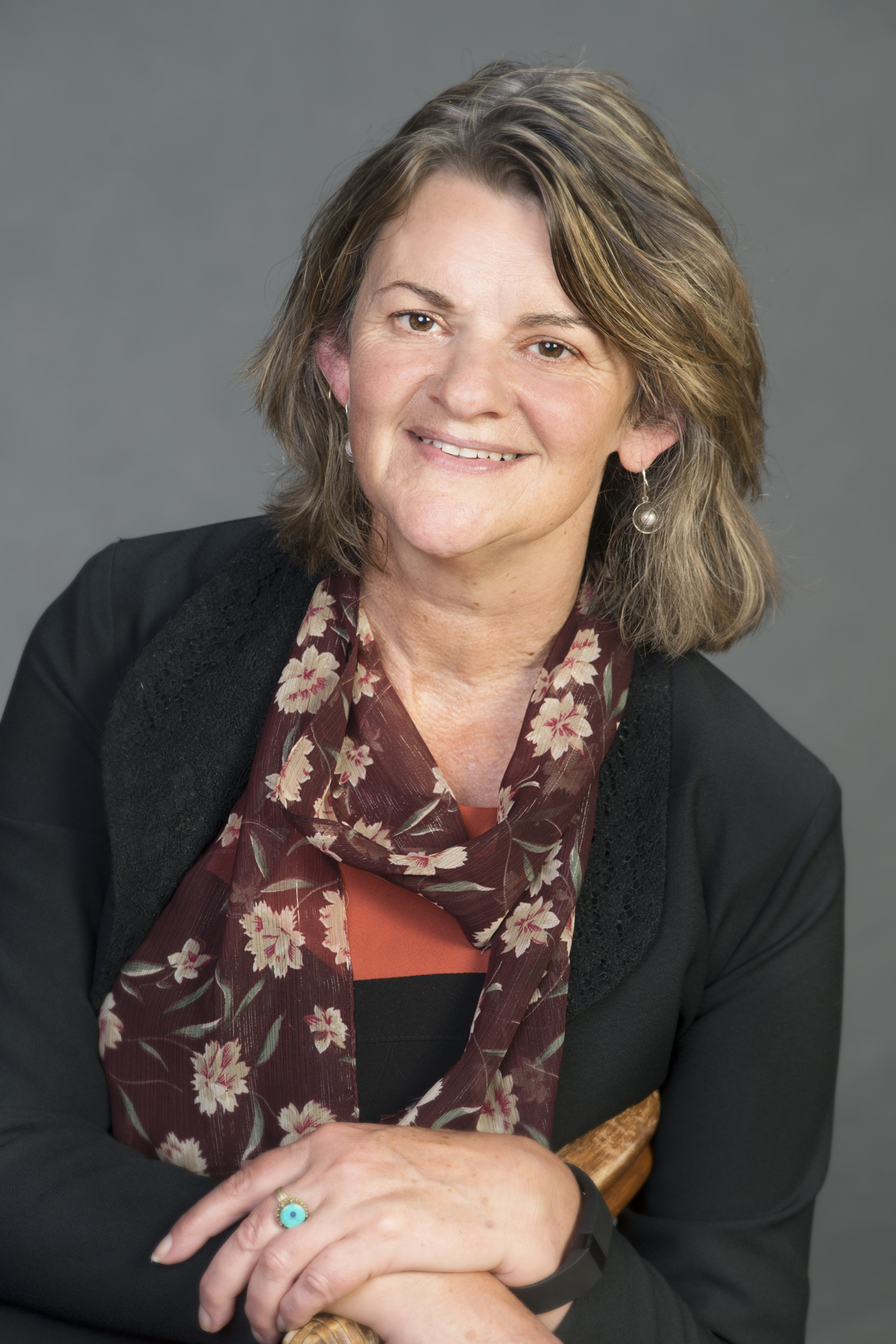ADCET Webinar: Mentoring during the Time of COVID-19
Over the last few years, a number of universities have implemented specialist peer mentoring programs to support students on the Autism Spectrum with their studies. While many of us appreciate the positive impact these can have for students on the spectrum, what’s the impact for the mentors? This webinar draws on the experience of a panel of student mentors from across Australia to explore the personal and potential professional benefits of being a mentor. Mentors will also share their insights on the impact of COVID-19 on their role and for their mentees, and will offer some suggestions for supporting students on the Autism Spectrum during these times.
Facilitator

Debbie has been coordinating the University of Tasmania's Specialist Peer Mentoring Program (Speerment) since its inception in 2017. She was also the Project Officer responsible for compiling the resource: How to Transition to Tertiary Education: Helpful Hints for People with Autism Spectrum. Debbie is appreciative that a key part of her knowledge in this area has been informed by nearly a decade of experience as a mentor to someone on the Autism Spectrum.
Panellists
Holly
I am currently a psychology PhD candidate at the University of Tasmania. I have worked as a peer mentor in the Specialist Peer Mentoring program for three years now. During my time in the program I have had the privilege of working alongside several students on the Autism Spectrum, all with very unique needs, which has highlighted the diversity of needs that these students have. I was drawn to mentoring as I value the importance of equity in education and providing support to those students on the Autism Spectrum who require assistance to fully navigate the complexities of university life.
Namita
I am currently undertaking my honours thesis as part of my psychology Bachelor at Curtin University. I have been a mentor for about 1.5 years. Being a mentor is especially important to me as my long term goal is to advocate, spread awareness and take measures for neurotypical individuals so they can feel more included in society (especially in third world countries such as India). Being from India, I have noticed that there is more stigma surrounding mental illness due to lack of awareness and understanding, and as a result people undermining neurotypical individuals abilities.
Eleanor
I’m a recent graduate from a Bachelor of Medical Science at the ANU. Although I only spent one semester as a participation assistant at my university before graduating, I’m hoping to stay in this field. I’m currently applying to work full time in disability support and am looking to study a master’s in occupational therapy to further my knowledge about how to help people.
My favourite thing about working as a participation assistant was seeing the student I assisted find their way as a student. Helping them adjust to study and working out new ways to make university work for neurodiversity.

